8. Emma Thompson – Howards End
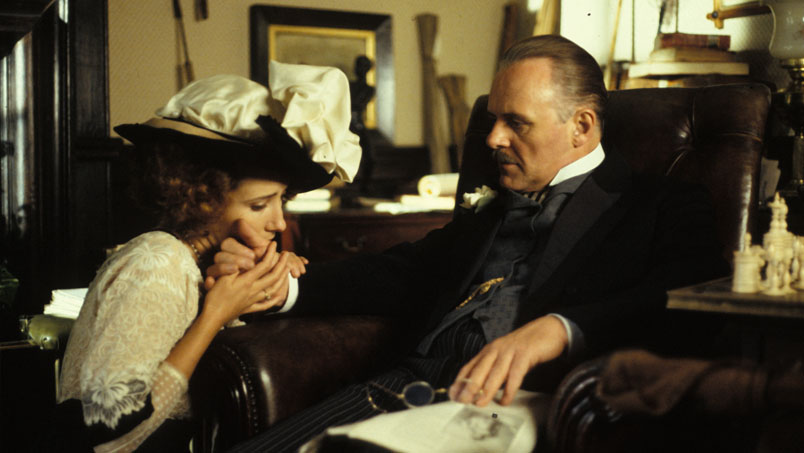
Emma Thomspon is an unclassifiable actor. One of the sharpest comedians, her wit has lent itself to memorable work in “Saving Mr. Banks”, “Angels in America” and even the “Harry Potter” movies. But her indefinably moving work in “In the Name of the Father” and “Sense and Sensibility” and especially the two Merchant-Ivory classics has been a source of incessant captivation to many audiences, showing a command on restraint and observant quietness like no other actress around.
One of those two classics is “Howards End”, the tale of two adventurous, charming sisters who find themselves in a world that accepts only high-class imprudence and pretense as acceptable behavior. Thompson stars as Margaret Schlegel, one of those sisters whose unwavering confidence and progressive femininity threatens to shatter the very world she inhabits when she marries the patriarch of a characteristically high class family.
Thompson is ravishing and intelligent in equal measure as the daringly honest Margaret, unafraid to strip away the façade of the stoic wealthy industrialists of her generation, even when they become part of her own family. Her breathtaking intensity and enchanting tranquility lends the film some of its most transcendent moments, including the one astoundingly constructed conversation that finds Thompson with Anthony Hopkins in Henry Wilcox’s office after it is revealed he had an affair with Mrs. Bast.
7. Haing S. Ngor – The Killing Fields
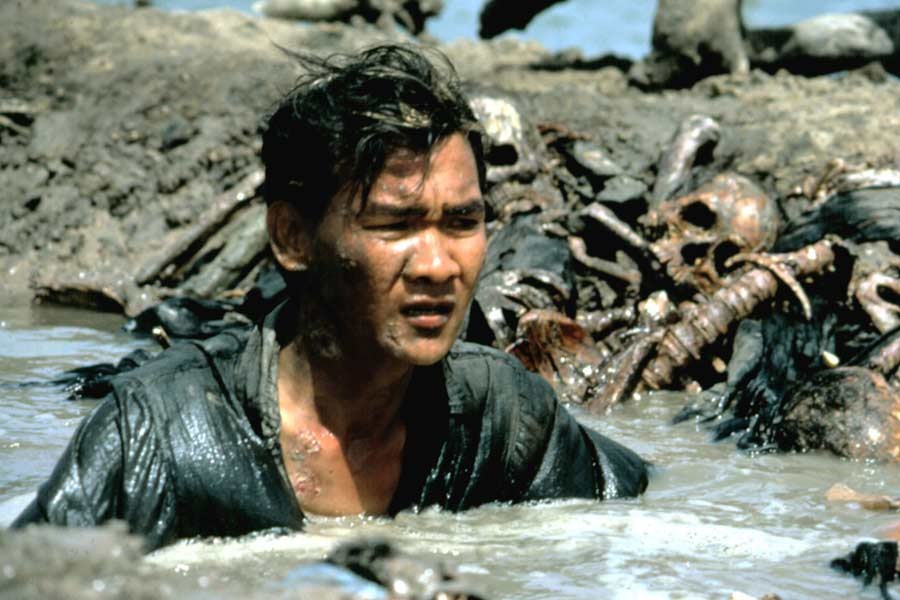
An obstetrician, a gynecologist, a refugee and finally an actor, Haing S. Ngor’s life itself is enormously intriguing. He escaped the Cambodian prison camps after having survived under merciless conditions and went to become the first, and so far only, actor of Asian descent to win an Oscar for his very first film. He had no acting experience, and yet in a film led by a stalwart of the likes of Sam Waterston, he was the most memorable part.
Roland Joffé’s “The Killing Fields” is set in the Khmer Rouge regime in Cambodia where two journalists soldier through life-threatening situations in a civil war between the Cambodian National Army and the Khmer Rouge and its repercussions. The two of them, one American, the other Cambodian, form a bond for life as everything around them is disintegrating.
Ngor plays Dith Pran, a brave, simple-hearted reporter who acts as an interpreter for Sydney Schanberg and changes his life. Pran is a man of high virtues and the sorrow in Ngor’s eyes is overwhelming as his character witnesses the destruction of everything he identifies his land by.
Ngor makes “The Killing Fields” look less like a film than a documentary. There is not one shard of artificiality in his performance: everything is gorgeously lived in, and colored with the absolute comprehension of how fleeting all the joys in life are.
6. Reese Witherspoon – Walk the Line
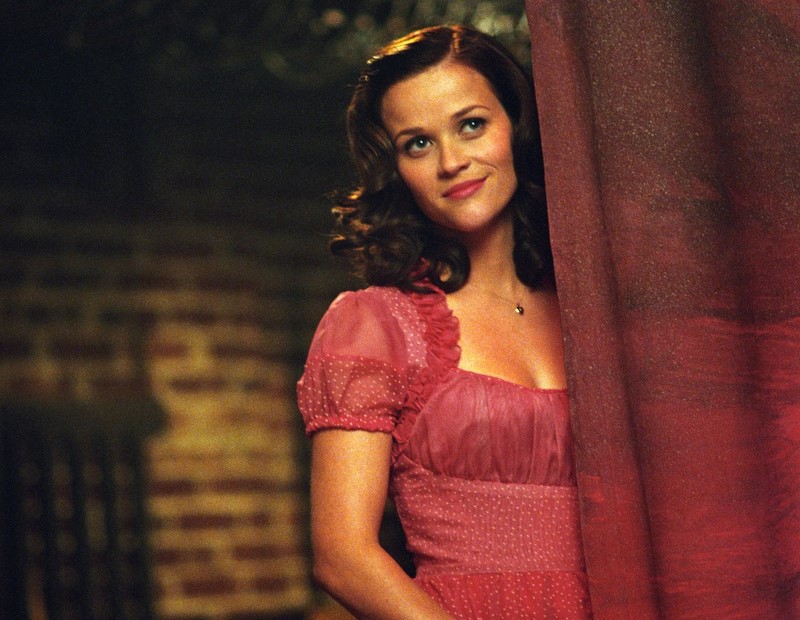
Reese Witherspoon is an undeniably powerful actor. But also one who is so often found doing roles beneath her caliber that exploit her attractive leading lady image. This overshadows the depth and breadth of roles where she has put forth complex, mesmerizing work when given the opportunity. Her work in Alexander Payne’s “Election” is the prime reason for its huge replay value, while her meditative and raging work in “Wild” has led to the start of a new phase in her career.
But her tallest achievement is playing country singer June Carter in the Johnny Cash biopic “Walk the Line”. The film charts the course of Cash’s rise and fall in the music industry without ever experimenting with the now rather stale structure of the biopic, but is constantly elevated by the work of its lead actors, whose irrepressible energy combined with the iconic music make this one a rare arresting addition to the genre.
Witherspoon captures the soul of Carter with such ease it’s practically hard to imagine anyone else playing her with the spirited audacity she brought to the part. She is a breathtaking singer, emotes with heartbreaking sincerity and stunning vulnerability. There is heft to everything she says, yet her presence in the film is airy and doesn’t purport weight. This is arguably the only time someone has stolen a film from Joaquin Phoenix.
5. Sandy Dennis – Who’s Afraid of Virginia Woolf?
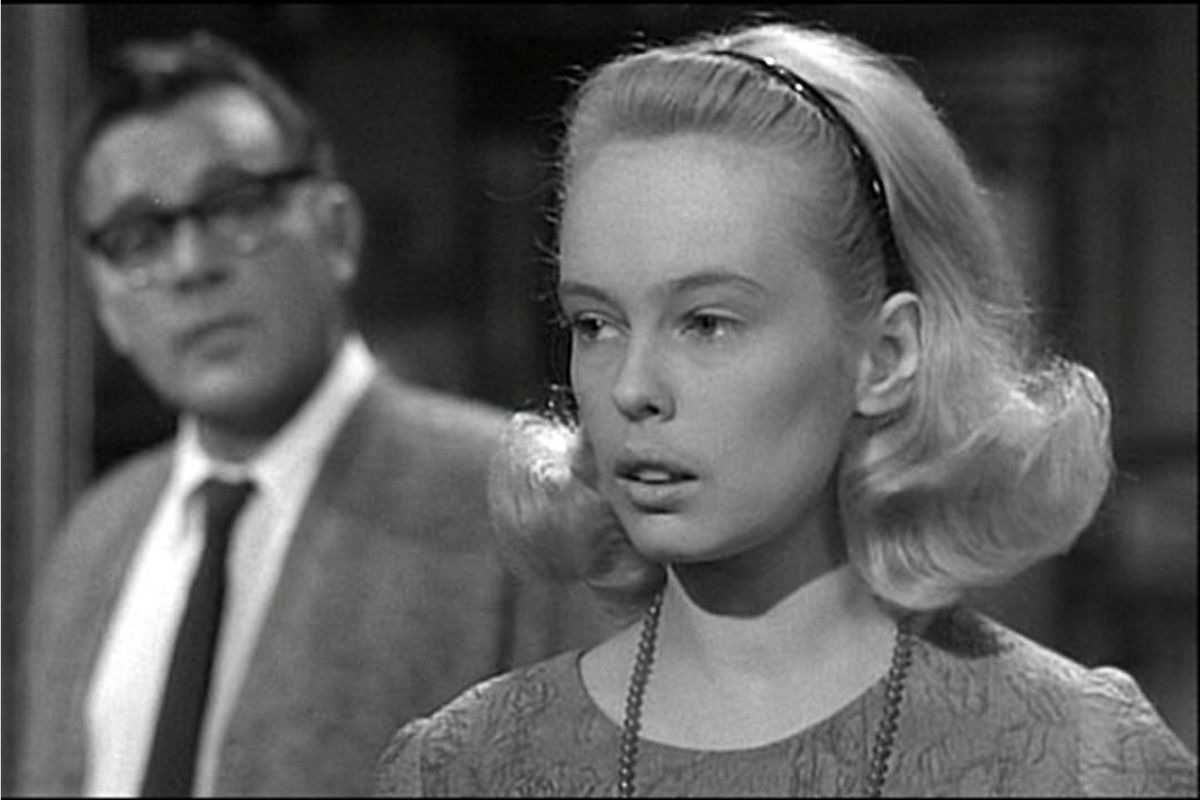
When Mike Nichols’s unimaginably rapturous film premiered in 1966, it was enveloped in controversy. The film, in its translation from the stage, had managed to retain much of its frank language and adult themes, which led to the Production Code being replaced by the MPAA rating standard. It starred Elizabeth Taylor and Richard Burton at the peak of their careers and was instantly and appropriately labeled a classic.
The plot of the film is an account of one night in the life of a middle-aged college Assistant Professor, George and his wife, Martha, who invite an unwitting young couple for a few drinks into their home. The invitation subsequently extends to their personal life as well, with George and Martha attacking each other for never having given each other the life they wanted.
Dennis plays the naïve, slightly inane wife of the young biology professor, who seems at first frightened by the intensity of George and Martha’s relationship, but soon begins to be amused by it. Dennis is wryly funny, frailly touching and makes the unassuming Honey the most fragile character. She seems to be untarnished by the ferocity of life and Dennis makes her encounter with the most grotesque vestiges of a marriage shockingly frightening.
4. Sissy Spacek – Coal Miner’s Daughter
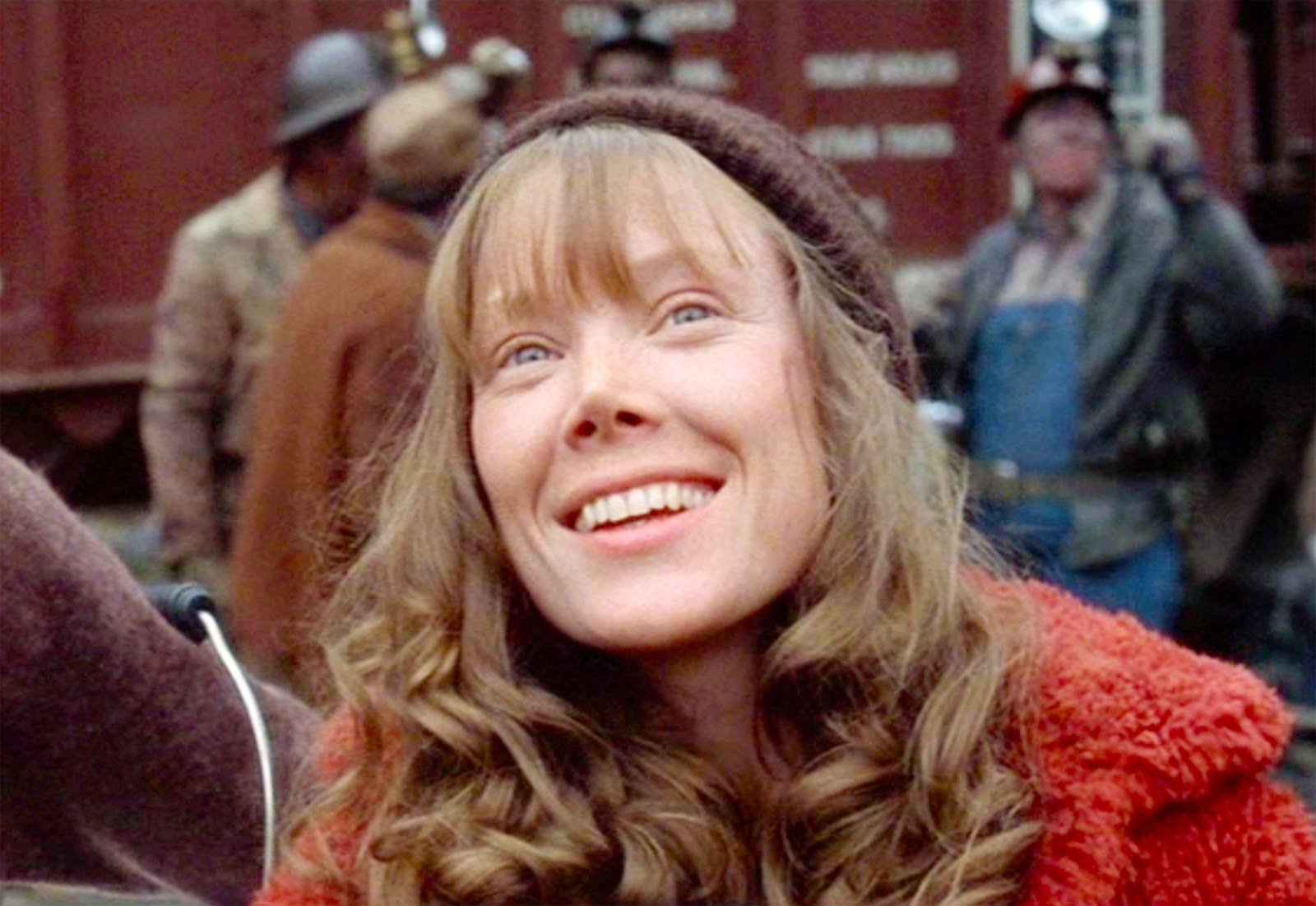
As the lead of one of the greatest horror films of all time, Spacek had already made her mark in Brian De Palma’s “Carrie” when she took on the role of country singer Loretta Lynn and won the Oscar over heavyweights like Mary Tyler Moore (“Ordinary People”) and Gena Rowlands (“Gloria”), and while the work of Moore and Rowlands has been source to infinitely higher number of think pieces and discussions on film and the Oscars, Spacek’s performance is that rare gem that never stopped shining.
“Coal Miner’s Daughter” may seem like a staid, unremarkable biopic that suffers from exploitation of stereotypes about country life and the music industry, but in its most honest moments, usually involving Spacek and Tommy Lee Jones as her faithful husband, the film is surprisingly bare and humorous without ever giving into the sappy greeting card tendencies a lot of films of this kind fall prey to.
Spacek plays Lynn as a thirteen-year old in the beginning of the film, and as a thirty-eight year old by the end. There are no prosthetics or makeup tricks employed. Spacek is a child, a wife, a mother, a lost, wise, troubled, successful, lonely and beloved woman all in one film and she is thunderously convincing in every single scene, to the extent that when she belts out that iconic Lynn hit at the closing of the film, you realize you’ve seen a life lived onscreen, and relieved of the strain that might be visible in a lesser performances, you didn’t even notice.
3. James Cagney – Yankee Doodle Dandy
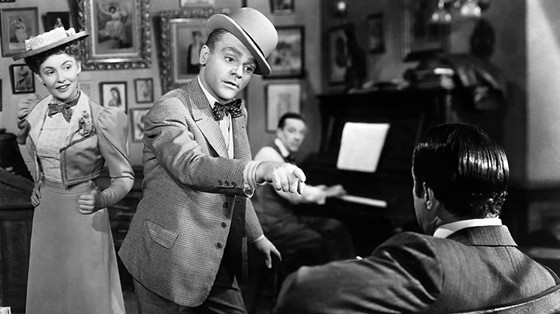
When Steven Spielberg confessed to Stanley Kubrick that he found Jack Nicholson’s performance in “The Shining” to have gone overboard, Kubrick asked him to list what in his opinion where the five greatest actors of all time.
Responding to his very expected answer, Kubrick pointedly questioned, “Where’s James Cagney in that list?” A highly entertaining, somewhat dangerously exhibitive performer, Cagney was once the biggest star in the industry. But as perceptions shifted, and naturalism began to be favored in film acting over more cinematic styles, actors of Cagney’s kin soon began to be regarded as too old school to be considered relevant.
But in his peak, Cagney, who was perhaps most well-known for acting in gangster crime dramas, did a classically-fashioned patriotic musical that told the story of Broadway showman James M. Cohan, a role turned down by Fred Astaire. The film isn’t entirely an appealing idea for a watch today, but if you’re planning a family night with something feel-good to savor, few movies fit the bill better.
Cagney is sparkling and his inherent grandeur is hard to resist. Anyone else wouldn’t possess the capacity to pull this role off with half the glorious pizzazz he has. There’s something purely Hollywood about his work here, characterizing a man who’s always wanted to please his audiences more than anything else. It could be said that Cagney was the same way, but much more enthralling, generous and alluring.
2. Geoffrey Rush – Shine
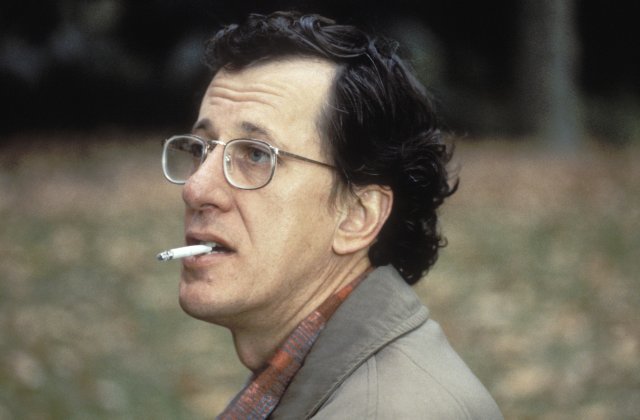
Geoffrey Rush belongs to the realm of the character actors who seize a film by its throat, and gain full command over it, until it’s entirely theirs. His radiant sublimity seems to be emanating from the edges of the frames of the film and almost all elements seemed to be soaked in his aura.
In 1996, he became the first performer to win the Oscar, the BAFTA, the SAG Award, the Golden Globe and the Critics’ Choice Award for the same performance. And yet, that one performance seems to have slipped through the cracks and become hidden behind his many other achievements.
Rush plays real-life pianist David Helfgott, who had a troubled childhood living under a domineering father and had to struggle to make his talents noticeable and fulfill his ambitions. We see David grow up to be a successful musician, who under the strain of his desire for perfection, has a mental breakdown and has to be committed to an institution. As he wanders off from one of the many institutions he spends his life in, we see him become only a shadow of the man who held such promise.
Rush’s performance is much like Helfgott’s genius and like music, cannot be analyzed, but only felt. His most manic moments throb with emotion and he layers everything with such poignant melancholy, it’s hard not to be deeply moved by how much he has lost. When he’s finally saved by a luminous Lynn Redgrave, and performs at a concert again, you’re left as dumbfounded and awestruck as the concert audience in the film.
1. Nicole Kidman – The Hours
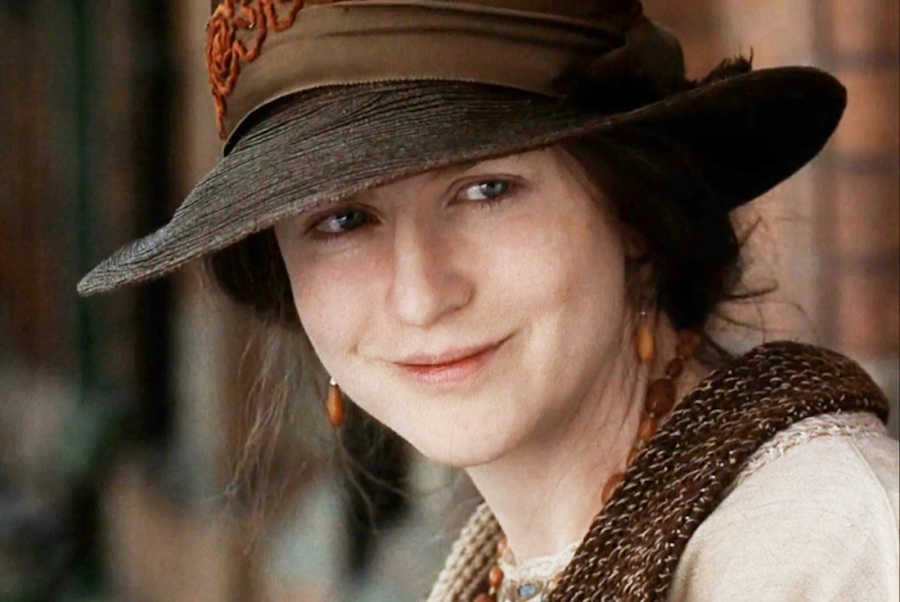
While Nicole Kidman has been around for ages, she always seems to have to prove her metal over and over again. Recently, her brilliant outing on television in the acclaimed series “Big Little Lies” was shockingly tagged as a “breakthrough” as if she had never done superlative work before. Even in articles pointing out the ridiculousness of that label mention her Oscar-winning performance in “The Hours” only in passing, showing its increasingly diminishing stature as one of her best feats.
“The Hours” chronicles a day in the life of three women from separate time periods – 1923, 1951 and 2001 – connected by Virginia Woolf’s famous novel “Mrs. Dalloway”.
Kidman plays Woolf in the 1923 part of the film where she yearns to enliven her routine and not face the dull mundanity of suburban life in the town of Richmond where she is living with her husband as she begins to write her most successful novel that mirrors her mental trajectory, as it happens to be about a women contemplating suicide.
As reliably stupendous Julianne Moore and Meryl Streep are in the movie, “The Hours” does not work without the urgency of Kidman’s work. She unlocks paths into the mind of the literary genius plagued by depression and suffocated by the confines of a life she never wanted for herself. She is electric as she displays Woolf’s fears, her impatience, her anguish and her torment at being completely intelligent of her own misfortunes.
That one scene at the railway station should validate her place in the legion of the great screen actresses, but amidst all the commentary about the prosthetic nose and her minimal screen time, the odds have always been somewhat stacked against her. But that shouldn’t stop anyone from relishing this landmark performance as a definitive, essential Kidman.
Author Bio: Anmol Titoria is a student at University and has been writing and engaging in many a parley about film since he was in school, where he was responsible for writing the film column of the monthly newsletter. He professes his love for Kubrick, Bergman and Tarkovsky in ways so multifarious and with such alarming regularity that his family has considered throwing him out repeatedly.